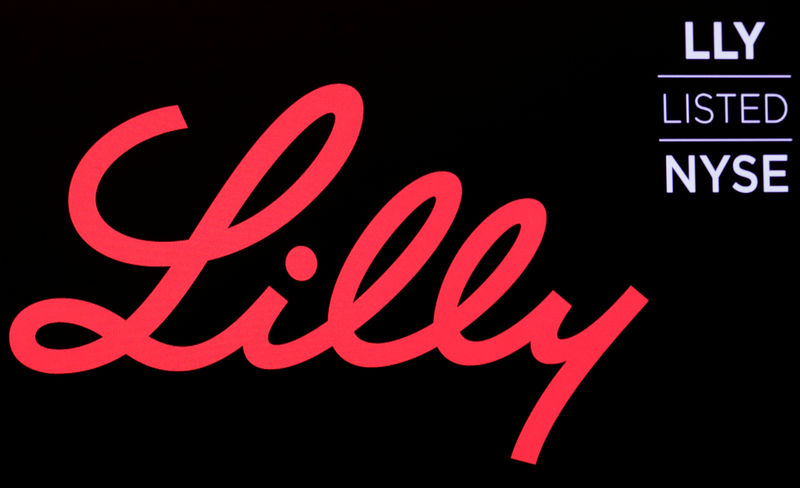Eli Lilly and Company (LLY) announced today that the U.S. Food and Drug Administration (FDA) has approved Omvoh™ (mirikizumab-mrkz) infusion (300 mg/15 mL)/injection (100 mg/mL), the first and only interleukin-23p19 (IL-23p19) antagonist for the treatment of moderately to severely active ulcerative colitis (UC) in adults.
Marking a significant milestone, Omvoh is the only UC treatment that selectively targets the p19 subunit of IL-23, which plays a role in inflammation related to UC.
"I see many people with ulcerative colitis who previously tried other biologic treatments, and they are still searching for an effective option that can offer rapid and lasting improvements," said
The approval was based on results from the LUCENT program, which included two randomized, double-blind, placebo-controlled Phase 3 clinical trials consisting of one 12-week induction study (UC-1) and one 40-week maintenance study (UC-2) for 52 weeks of continuous treatment. All patients in the LUCENT program had past treatments, including biologic treatments, that did not work, stopped working or that they could not tolerate.
After 12 weeks of treatment with Omvoh, nearly two-thirds (65%) of patients achieved clinical response and nearly one-fourth (24%) achieved clinical remission compared to placebo (43% and 15%, for clinical response and clinical remission, respectively). Among those who achieved clinical response at 12 weeks, Omvoh demonstrated consistent efficacy across subgroups, with 51% of all patients and 45% of patients who failed prior treatment with a biologic or Janus kinase inhibitor (JAKi) achieving clinical remission at one year compared to placebo (27% and 15%, respectively). Among those who achieved clinical response at 12 weeks, one-half (50%) achieved steroid-free clinical remission at one year, compared to placebo (27%). Per a post-hoc analysis, nearly all patients (99%) who achieved clinical remission at one year were steroid-free. Patients in steroid-free clinical remission were steroid-free for at least three months prior to the end of the 52-week assessment. Among those who achieved clinical remission at 12 weeks, approximately two-thirds (66%) of patients maintained clinical remission through one year of continuous treatment compared to placebo (40%).
Rapid improvement of symptoms, such as rectal bleeding and stool frequency, were observed as early as three weeks in patients treated with Omvoh. Notably, the LUCENT trials were the first and only to use the patient-centric, Urgency Numeric Rating Scale (NRS) of 0-10, with zero being no bowel urgency and 10 being worst possible bowel urgency. At baseline, patients had a median Urgency NRS weekly average score of 7. Among patients who had an Urgency NRS weekly average score ≥3 at baseline and responded to induction therapy with Omvoh, a significantly greater proportion of patients (39%) treated with Omvoh achieved a weekly average score of 0 to 1 at one year, compared to placebo (23%).
"Bowel urgency is one of the most disruptive symptoms for patients with ulcerative colitis," said
Patients taking Omvoh were less likely to discontinue treatment due to adverse events (1.6% in UC-1 and 1.5% in UC-2) compared to placebo (7.2% in UC-1 and 8.3% in UC-2). The most common adverse reactions (reported in at least 2% of subjects at a higher frequency than placebo) associated with Omvoh treatment were upper respiratory infections, injection site reactions, arthralgia, rash, headache and herpes viral infection. The labeling for Omvoh contains warnings and precautions related to hypersensitivity reactions, risk of infection, tuberculosis, hepatotoxicity and immunizations. See Important Safety Information below and full Prescribing Information.
"Omvoh addresses key symptoms that matter most to patients and represents our patient-centric approach to treatment innovation," said
Omvoh will be available in
View the Omvoh brand logo here.
